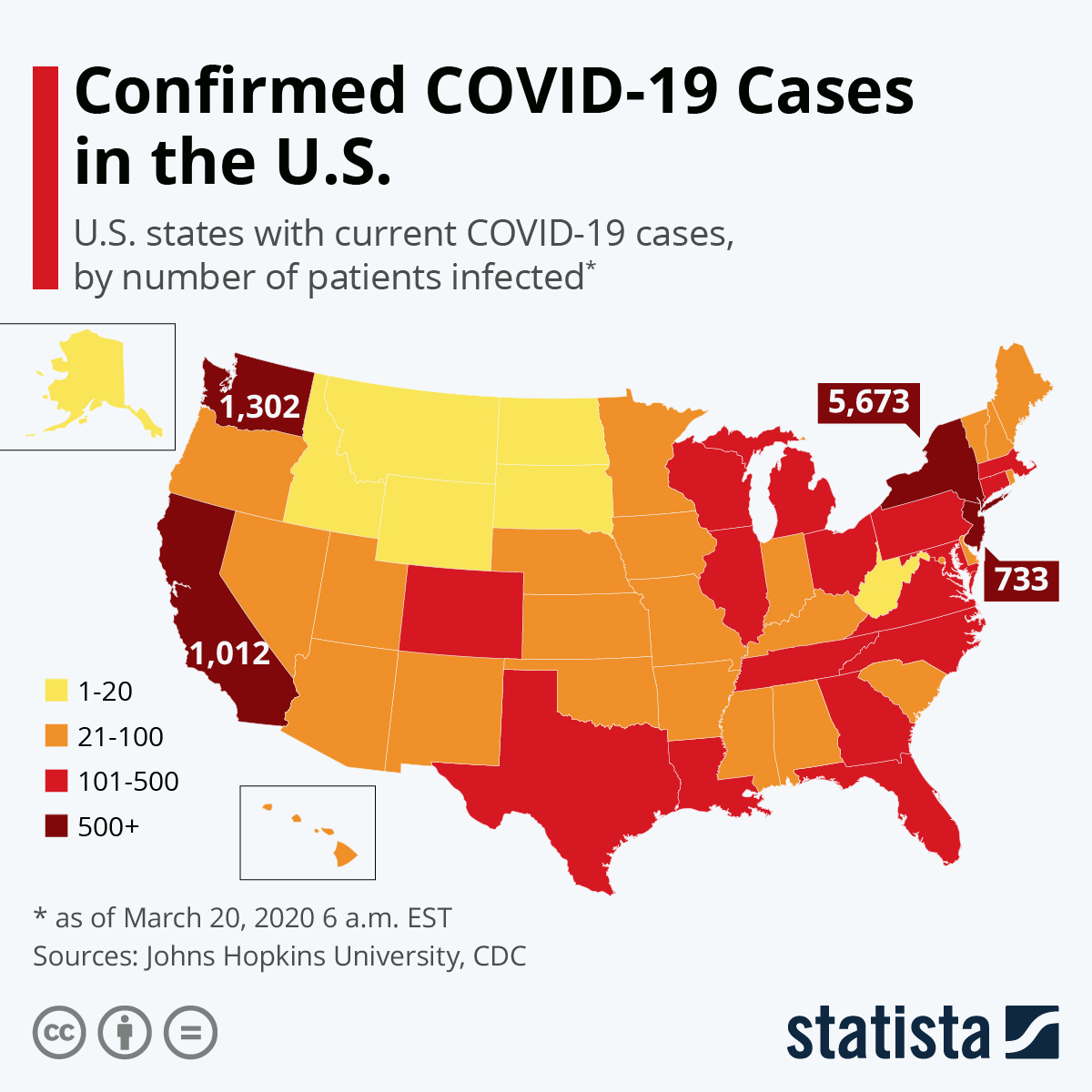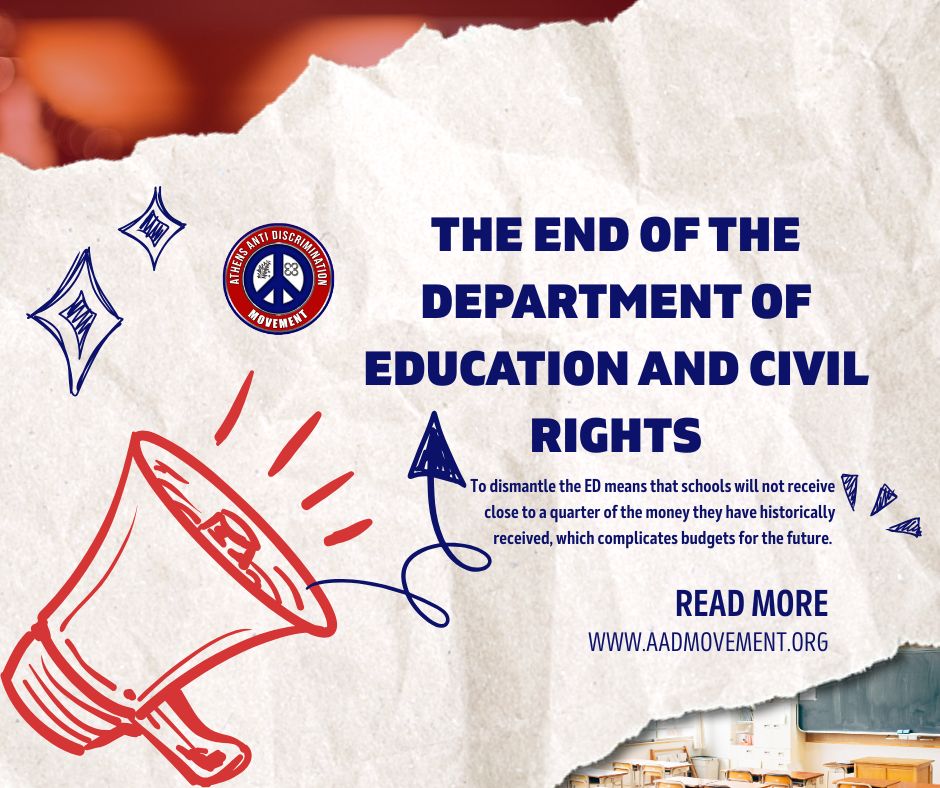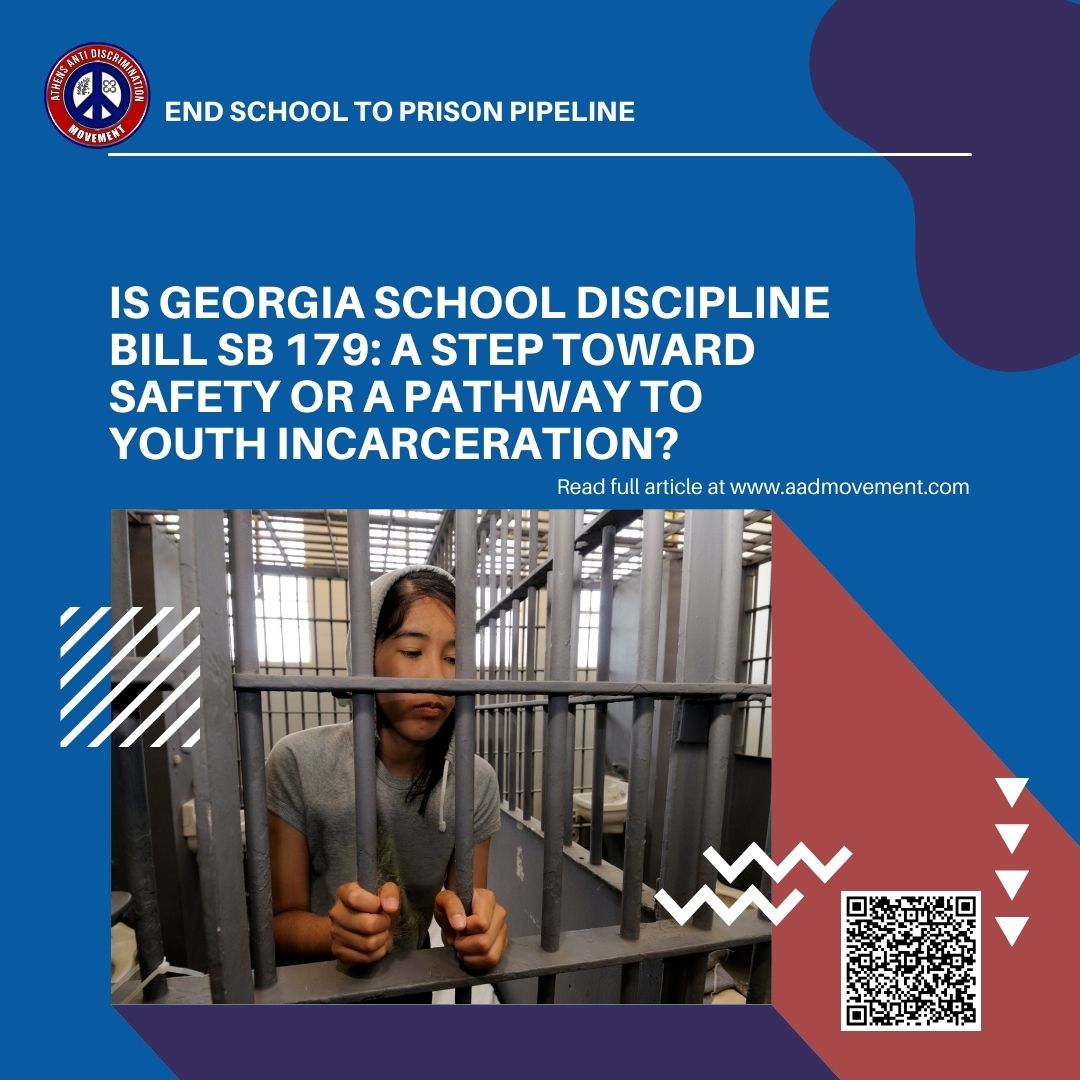Written by Raiana Kelly, AADM contributing writer
The arrival and continued spread of COVID-19 in the United States has sparked many concerns for us all, not only for our health, but for the long-term effects on the economy and our financial security. As people avoid social gatherings and businesses across the country begin to close or limit their operations in response to the virus, many people have found themselves working less or without a job, and the most pressure will be put on low-income and hourly workers.
Low-income and hourly workers are the individuals most likely to lose their jobs because of an extended absence due to illness, and the least likely to have paid-leave during temporary closures. According to the Bureau of Labor Statistics, only about one-third of the US workforce is capable of working remotely – and it’s the low-income workers that are the least likely to be able to do so. It’s important to note that it’s these individuals that will struggle the most with finding and affording child care if they can’t miss work while students are out of school. Furthermore, they’re the least likely to have enough savings to survive and recover from an economic downturn.
While the central bank has reduced its target range for federal funds to 0% – 0.25% to support the economy, Kori Hale writes that this move will “disproportionately impact low-income earners, with minorities likely bearing the brunt of the economic impact.” While the reduction of the federal funds rate lowers interest rates on various types of loans, Hale writes that this only helps people and businesses that have access to them. These low-interest loans aren’t easy to acquire for individuals that don’t have access to money and other assets.
These short-term closures and its economic impacts across our communities will undoubtedly affect our long-term growth and have a lasting impact on the health sector, manufacturing, retail and service industries, trade and transportation, education, and more. Containing the disease is the first step to mitigating both the health and economic impacts, so it’s important to practice social distancing, wash your hands regularly and thoroughly, and resist the urge to touch your face.
For those Athenians that need assistance at this time, please review the resources found on the Athens Mutual Aid Network website. This extensive list was built by Athens residents and includes a “living” Google Document that people can find resources on and add information to. The list includes help for food access, health and wellness, financial support, education, and more.
In addition, there’s information on how to volunteer and support the Athens community during this time.




